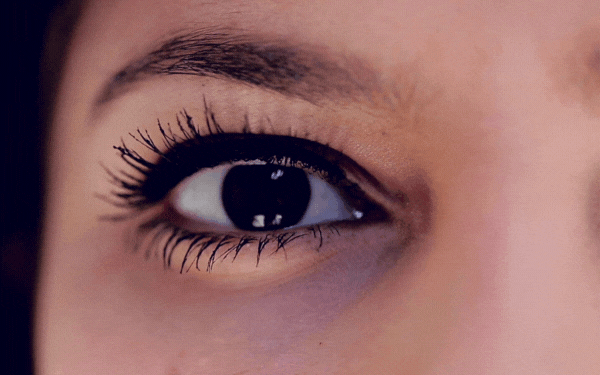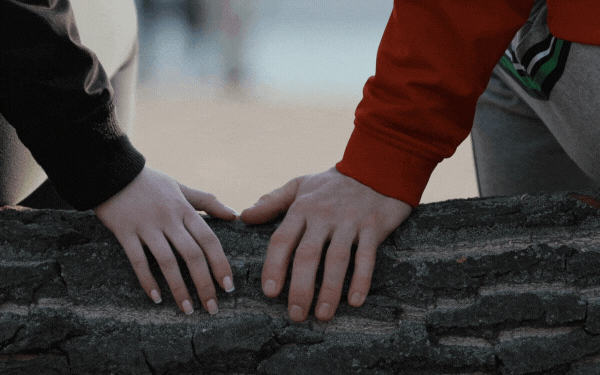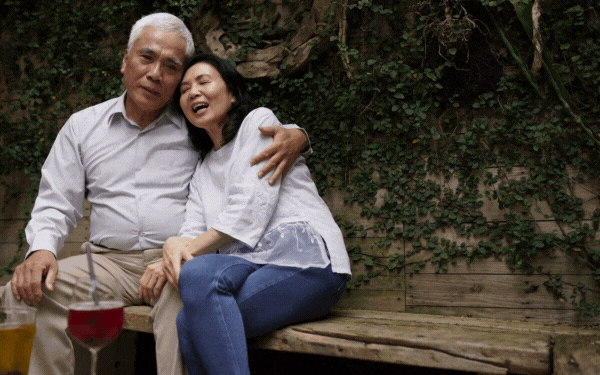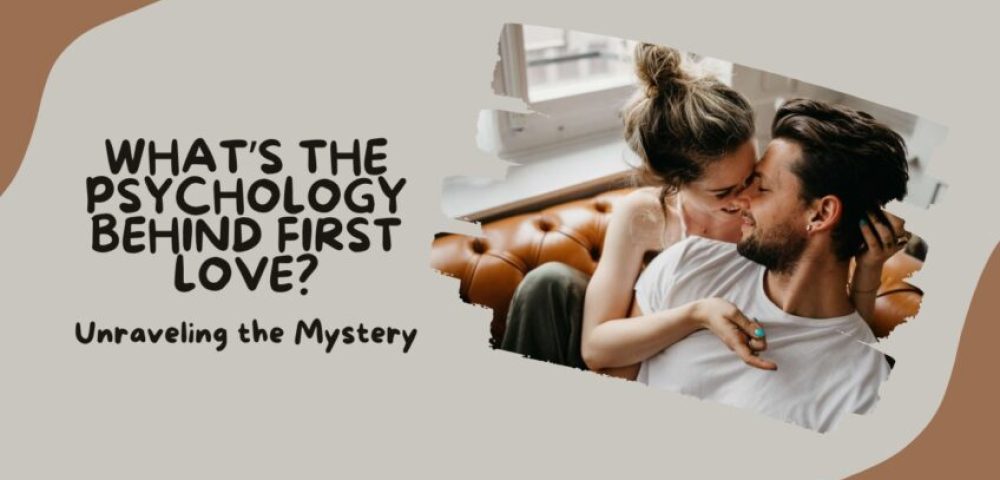The psychology behind first love is a fascinating field of study, as it delves into the intricacies of emotions, memory, and relationships that shape our early romantic experiences.
This article will take you on a journey to better understand the mechanisms at play in our minds during this significant period of our lives.
So, fasten your seat belts as we embark on this captivating adventure into the realm of first love.
First love often serves as a benchmark for our future romantic relationships, setting the tone and expectations for what we desire and require in a partner. It is an experience that imprints itself upon our hearts and minds, leaving an indelible mark that influences our subsequent love encounters.
But what exactly is it about first love that makes it so unforgettable and impactful?
Page Contents
- 1 First love is the first dose of addiction
- 2 First love creates a lasting ‘imprint’ on the brain’s sensory regions
- 3 First love influences all subsequent relationships
- 4 How To Get Over A First Love You Haven’t Moved On From
- 5 FAQ
- 5.1 How does the attachment style developed during childhood impact first love experiences?
- 5.2 How can one distinguish between first love and infatuation?
- 5.3 Is it possible to rekindle a first-love relationship later in life?
- 5.4 How can one differentiate between nostalgia for first love and genuine unresolved feelings?
- 6 Conclusion
First love is the first dose of addiction

According to a 2005 study by Helen Fisher that used fMRI scans of couples in love, romantic love functions primarily as a motivation system, rather than an emotion, exhibiting similarities to the experiences associated with addiction. Several hormones and neurotransmitters play a role or are released when we fall in love, including oxytocin, dopamine, and norepinephrine.
Oxytocin
often referred to as the “love hormone,” fosters feelings of attachment and closeness. It helps to strengthen bonds between individuals, promotes monogamy, reduces inhibitions, and encourages openness and trust. This chemical is also responsible for the connection between mothers and their children.

Dopamine
on the other hand, is a neurotransmitter closely linked to emotions, pleasure, and rewards, as well as regulating the immune system. This is where the “addictive” aspect of love comes into play. When released, dopamine stimulates the brain’s reward center, resulting in a ‘motivation-reward’ response. Consequently, we pursue the reward of love even when faced with potentially harmful or painful obstacles (e.g., unfaithful or abusive partners).
Norepinephrine
A medication used by medical professionals to treat low blood pressure (hypotension) and heart conditions, is akin to adrenaline and dopamine. It causes a racing heart and excitement and is released during the initial stages of love, such as lust or infatuation. Helen Fisher posits that the combination of dopamine and norepinephrine generates elation, intense energy, sleeplessness, craving, and focused attention.
Researchers at UCL found that individuals in love exhibit lower levels of serotonin, a hormone that also acts as a neurotransmitter, facilitating communication between different areas of the brain. Reduced serotonin levels are observed in people diagnosed with OCD (obsessive-compulsive disorders), which may explain why those in love tend to “obsess” over their partners.
First love creates a lasting ‘imprint’ on the brain’s sensory regions

Numerous studies have confirmed that our brains undergo an ‘addiction-like’ state when we fall in love. The experience of first love is particularly significant, as it often occurs during adolescence, a time when our brains are still developing.
MIT cognitive scientists explain that our peak processing and memory capabilities are reached around age 18, which is when we typically encounter many first-time experiences, including first love.
Another psychologist points out that most people experience a ‘memory bump’ between the ages of 15 and 26. This period of heightened memory coincides with various first-time experiences, such as a first kiss, sexual encounter, or driving a car. These memories tend to be more impactful later in life because they took place when our memory capacity was at its peak.
Rose Bear suggests that these memories leave hormonal imprints that result in the lifelong effects we all experience. The hormonal interactions become embedded in the sensory areas of the brain during a time when our neurological development is shaping our individual identities. As a result, we are often reminded of our first love when we encounter them on social media or hear a particular song that evokes memories of them.
First love influences all subsequent relationships

April Davis, a matchmaker and founder of LUMA (Luxury Matchmaking), explains that first love often feels incredibly intense, leading people to believe they loved their first partner more than any other. This longing for the passionate emotions experienced in the past may cause individuals to seek those feelings in every new relationship. When they fail to find it, they might consider rekindling the flame with their ex.
However, Davis emphasizes that first love is not necessarily the best or deepest love. The intensity of first love may distort one’s perception, causing one to remember it as more significant than it truly was.
Davis also notes that first love teaches valuable lessons that impact all future relationships. For example, you discover for the first time that you can be desired and wanted, and you learn how you wish to be treated by a partner. When the relationship ends, you also experience the pain of heartbreak for the first time, which is often said to be the most profound.
A 2017 study found that 71% of individuals can recover from a breakup within three months, with healing in this context referring to self-discovery. This finding has contributed to the popular “three-month rule” in relationships.

Moreover, first love typically coincides with a period of personal growth and development, during which new experiences are embraced and fears are confronted. As a result, the relationship shapes your identity and how you navigate the world, often marking the first time you allowed someone else’s influence to have such a significant impact on your sense of self.
In this exploration of the psychology behind first love, we can also consider the role of idealization and nostalgia, which contribute to the lingering impact of first love on our lives.
Idealization
First love often occurs during a time when we are still discovering ourselves, and the world seems full of endless possibilities. As a result, we may idealize our first love, projecting qualities onto them that they may not actually possess. This idealization can lead to the creation of unrealistic expectations for future relationships, as we subconsciously compare new partners to the unattainable standard set by our first love.

Nostalgia
The passage of time tends to soften our memories, and we often look back on past events with a sense of nostalgia. This tendency to romanticize the past can further solidify the impact of first love on our psyche. Our recollection of the relationship may be rosier than reality, causing us to long for a time when love felt simple, pure, and untarnished by the complexities and disappointments that often accompany adult relationships.
In conclusion, the psychology behind first love is a complex and multifaceted topic that encompasses a wide range of factors, from hormones and neurochemistry to personal growth and the power of memory. By understanding these aspects, we can better appreciate the unique influence that first love has on our lives and the way it shapes our future relationships. Ultimately, acknowledging and embracing the lessons learned from first love can help us cultivate healthier, more fulfilling connections as we navigate the ever-evolving landscape of romance.
How To Get Over A First Love You Haven’t Moved On From

Although your first love may be difficult to forget, it doesn’t necessarily mean it’s the only true love you’ll ever experience. If you find it challenging to move on, even after many years, Buckley suggests several strategies to help you overcome your attachment.
First, establish a formal farewell by “creating a method for yourself to release the relationship.” This could involve writing a goodbye letter to yourself that you would send to your partner, burning personal items associated with the relationship in a symbolic ceremony, or gathering with friends to share — or cry — about your first love experiences.
Joining a support group can also activate neurotransmitters that generate positive feelings. “It alleviates the perception of being ‘alone’ and offers positive social situations that fill the void left by the relationship,” Buckley explains.
Additionally, it’s crucial to maintain a forward-looking perspective. For example, resist the urge to reconnect with your first love, particularly if it’s evident that you both have moved on in life. You may be clinging to a memory of someone who has changed significantly since then.
“By reestablishing that connection, you’re revisiting the past and distracting yourself from the present — who you are now and, if in a relationship, who you are with now,” Buckley says. “It also triggers the associated neurotransmitters and reinforces the biased memories.”
Finally, concentrate on “anchoring your mind in the present.” Consider the positive aspects of your current life. What have you improved? How have you grown emotionally, physically, or mentally? Staying focused on the present is essential for moving forward.
“This is where you are now,” Buckley emphasizes. “Only you can decide to remain here and progress into your future, rather than retreating into your past.” While you might not be able to forget your first love, with support and self-reflection, you can learn to move past them.
FAQ

How does the attachment style developed during childhood impact first love experiences?
While this article doesn’t cover attachment styles, it is worth noting that the attachment style developed during childhood can influence how one experiences first love.
Securely attached individuals may have healthier and more stable first love experiences, while those with insecure attachment styles may struggle with trust, intimacy, and communication issues.
How can one distinguish between first love and infatuation?
First love and infatuation can be difficult to differentiate, as both involve intense emotions and attraction.
However, first love usually involves a deeper emotional connection and a desire for a long-term relationship, while infatuation is often short-lived and characterized by superficial attraction.
Is it possible to rekindle a first-love relationship later in life?
Rekindling a first love relationship is possible but depends on the circumstances and the individuals involved.
If both parties have grown and changed in compatible ways and are open to exploring a new relationship, it could potentially work.
However, it’s essential to approach the situation with realistic expectations and acknowledge that the relationship may be different than what it was in the past.

How can one differentiate between nostalgia for first love and genuine unresolved feelings?
It can be challenging to differentiate between nostalgia and genuine unresolved feelings.
Nostalgia often involves idealizing the past and longing for the emotions experienced during that time.
In contrast, genuine unresolved feelings may involve a continued emotional connection to the person and a desire to be with them, even after considering the changes that have occurred since the relationship ended.
Conclusion
The psychology behind first love is a complex and fascinating topic that encompasses hormones, neurochemistry, personal growth, and memory.
Understanding the mechanisms at play during this formative period in our lives can help us appreciate the lasting impact of first love on our future relationships.
By acknowledging the lessons learned from first love and embracing personal growth, we can cultivate healthier and more fulfilling connections as we navigate the ever-changing landscape of love and romance. It is essential to focus on the present and make conscious decisions about our relationships, rather than being held back by the past.
With support, self-reflection, and a forward-looking perspective, we can move past our first love and continue to grow in our emotional lives.
Theodore is a prolific author at Fischer Institute, known for his insightful articles on health and nutrition. His expertise spans a wide range of topics, from the benefits of traditional foods to the latest in health trends, always aiming to educate and empower readers towards better wellbeing.















